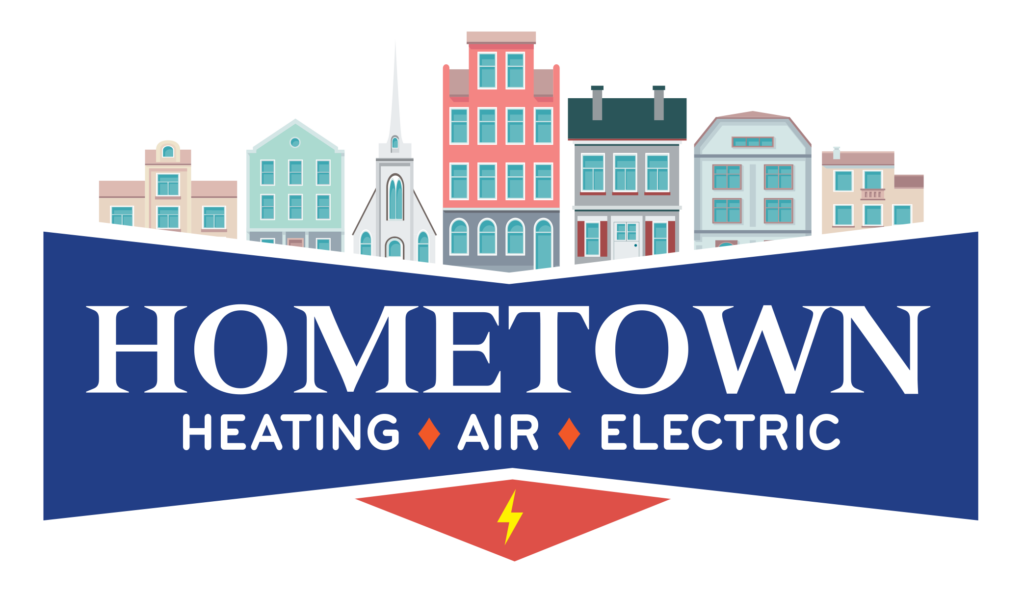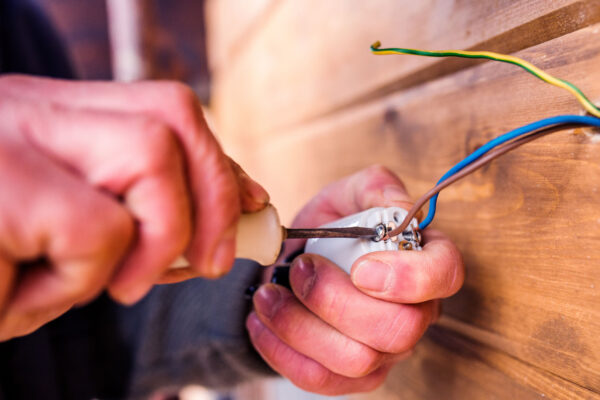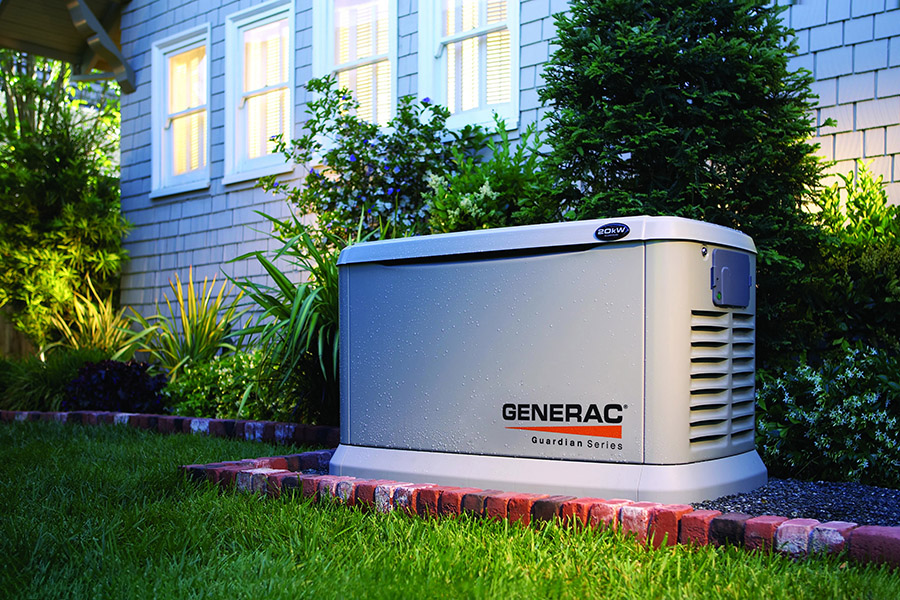There are many options to choose from when you’re faced with installing a new air conditioning unit. Among them, you’ll need to decide the level of efficiency you want, which gets into the technology used in the unit. Higher-efficiency models use what’s known as variable-capacity technology. Use this guide to understand how standard ACs work, how variable-capacity systems work differently, and the differences you’ll experience when you install one in your home.
How Standard Air Conditioners Work
Standard air conditioners are known as single-stage units. This means that the entire unit is either on or off, with no settings for lower-capacity cooling. The result is that your system runs on high all the time, keeping the cooling cycle relatively short.
The step between the single-stage and variable-capacity system is a two-stage system. These provide a second option, offering a high and low setting for your system. However, many homes need a little more fine-tuning to get the right cooling capacity to keep the home ideally comfortable throughout the summer.
What Variable-Capacity Central ACs Do Differently
A variable-capacity AC has both a variable-capacity compressor and a variable-speed fan. With a variable-capacity system, your compressor may have as many as 700 distinct settings available to use. This allows the system to dial into the exact cooling capacity your home needs at any given time.
A variable-capacity air conditioner will generally run nearly continuously, providing a steady stream of air moving around your home. Even with it running steadily, it consumes less energy because the compressor isn’t consuming as much energy to keep your home cool.
More Consistent Home Comfort
A single-stage air conditioner drops the temperature, then waits for it to rise to start a new cooling cycle, whereby it drops the temperature again. The reason a variable capacity runs constantly is to keep your home at a constant temperature. By keeping a steady stream of cooler air moving around your home, the temperature stays more consistent all the time.
Better Cooling Efficiency
Cooling efficiency is rated using SEER, or seasonal energy efficiency ratio. This is a comparison of the total cooling output for the entire summer divided by the total energy used. The energy output drops when you reduce the cooling capacity at which the system runs. However, the energy consumption drops more than the cooling capacity. This is how high-efficiency systems get an efficiency rating of 25 SEER and higher.
Better Home Comfort
Your air conditioner does so much more than just reduce the temperature of your home. It removes airborne contaminants, condenses humidity from the air, and keeps air moving around your home. A single-stage air conditioner runs average cooling cycles of 10 to 15 minutes. That leaves a lot of time where it’s not moving air or removing humidity. By running more constantly but at a lower capacity, your system will remove more contaminants and humidity and keep the air continually moving around your home, creating a more comfortable environment.
Less Noisy Operation
One of the complaints about air conditioners is the amount of noise they create. With single-stage systems, a lot of this noise happens because the system is running on high all the time. When you reduce how fast a fan spins, you reduce some of its noise, and the same is true for the compressor. A variable-capacity system will run at some iteration of a lower capacity 80% of the time it runs, significantly reducing its noise.
Longer Service Life
The average single-stage air conditioner will have a service life of 10 to 15 years when it receives proper maintenance. Much of the wear on the system comes from running at full capacity all the time and frequently starting new cooling cycles, which is the most strenuous part of the cycle. A variable-capacity air conditioner runs as low as 40% of its maximum capacity and runs nearly constantly, which significantly reduces the wear on the system. Further, with a variable-capacity system, you’re already at the higher range of efficiency, which means the increasing standards will take longer to make your system’s efficiency obsolete.
Property owners around Cedarburg turn to Hometown Heating, Air & Electric when they need help keeping their homes comfortable and functioning well. Our experts provide heating and air conditioning installation, maintenance and repair together with indoor air quality solutions and a full range of residential electrical services. Call to schedule your consultation with one of our knowledgeable installation technicians to see if a variable-capacity central AC is right for your home.


